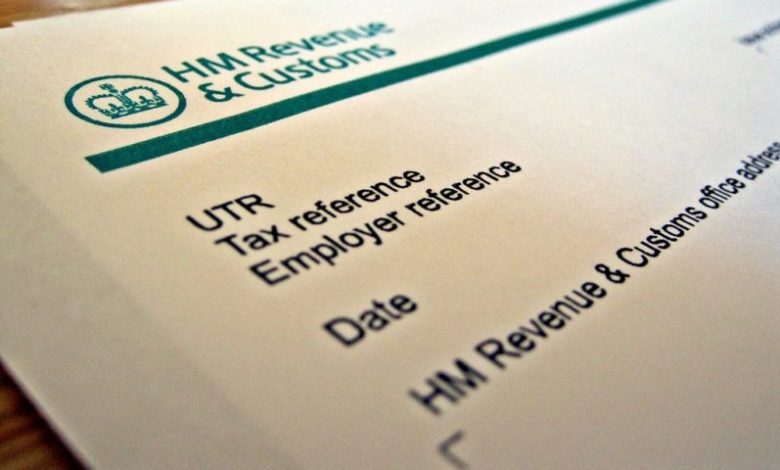CIOT welcomes closure of Register of Overseas Entities loophole
During the House of Lords debate on the Economic Crime and Corporate Transparency Bill, the government acknowledged there was a gap in the register’s information requirements relating to overseas entities acting as nominees

The Chartered Institute of Taxation has welcomed the closure of a gap in the Register of Overseas Entities.
The loophole had originally been identified and highlighted by the institute during the passage of last year’s Economic Crime (Transparency and Enforcement) Act, which introduced the register.
The loophole is that up until now, the legislation for the register has required the identification only of the beneficial owners of the entity in question, which might not be those of the land or property itself. This runs counter to the government’s stated intention that the register would “require anonymous foreign owners of UK property to reveal their real identities”.
During the passage of last year’s Act Lord Clement-Jones, with cross-party support, moved an amendment drafted by CIOT to close the loophole, but the minister, in reply, said that while he could see the good intent behind the amendment, the government felt that that Bill “would not be the appropriate vehicle” for this.
However, during the House of Lords debate on the Economic Crime and Corporate Transparency Bill, which gained Royal Assent yesterday (26 October), the government acknowledged that there was a gap in the register’s information requirements relating to overseas entities acting as nominees.
As a result, it introduced an amendment to address this by inserting a new definition of beneficial ownership into the 2022 Act.
George Crozier, head of external relations at CIOT, said: “The legislation setting up the Register of Overseas Entities was flawed and it is welcome that the government has gone back to rectify this. They deserve credit as do the parliamentarians of all parties, and organisations such as Transparency International, who encouraged them to do so.
“If, as the government has maintained throughout, the aim is a fully public register revealing the real identities of the ultimate beneficial owners of all UK property held by overseas entities, this amendment takes a significant step towards that although gaps still remain especially where the land was acquired prior to October 2020.”








